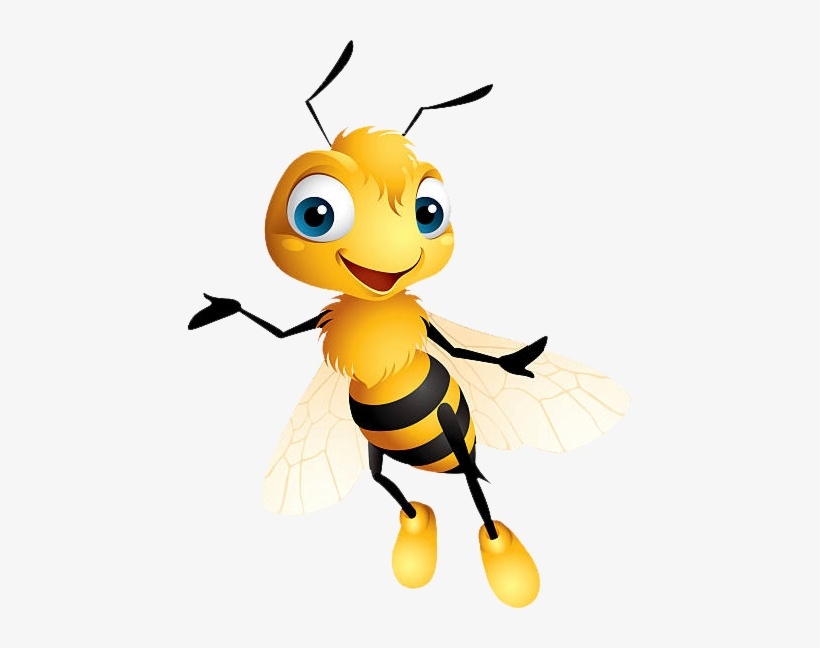How Can You Help?
It’s easy to feel helpless in a media world of terrible news day after day. We believe all help is a positive in a world that seems to focus on the negative. Our positive contribution is to raise awareness of how we can help these amazing creatures, which will ultimately help everyone including the plummeting numbers of honey bees. So how can you help?

Sponsorship / Donations? CLICK HERE
At Home
Little things; if you find a bee wandering into your house, don’t swat it. Catch it in a glass and set it free outside. Glass windows are not known to bees and they find them confusing and exhausting.
If you find a bee of any kind outside on the path that is alive but is mainly still or not keen to fly they might be hungry and exhausted. Simply put a tiny bit of honey and a spot of water on a teaspoon and put the mixture as close to the bee as you can. That honey snack might give them the boost to make it back to their colony.
Leave dandelions on the lawn and garden, these are an early supply of pollen and nectar, vital throughout the year.
Plant bee-friendly plants and flowers. They brighten the garden and they help them help us. Most garden centres and online stores are pretty switched on and label or can help which plants are suitable. Click here for a link to ideas from Gardeners World
There’s more….
We would ask you to encourage your local authority to plant bee-friendly plants and to leave verge cutting till the end of summer. This can be very helpful to bees and other wildlife. AND saves the council £1000s each year. Click here for a sample letter to send to your council.
Buy local honey from local beekeepers. This hasn’t been heat-treated to lengthen shelf life (untreated honey was found in Egyptian tombs with mummies and was still edible – it doesn’t go off), but the heating process destroys the enzymes which are so good for us. Click here for more medical facts. Local honey has been found to help people with ailments such as hay fever or asthma as the honey id produced from local flowers that may be causing the problems. Also mass-produced honey is nearly always a blend of mass-produced honey from all over the world mainly China. It has also been found that if bees found discarded pots of mass-produced honey and they eat it it can make them very ill, or kill them due to foreign spores and bacteria.
Avoid using toxic chemicals like pesticides in your garden. Click here from advice from the RHS.
Help Us Help Them
We are often asked how can we help other than the small changes around our home? Some people over the years have donated bags of sugar, in fact, some shops and supermarkets have kept bags of damaged sugar (they would have thrown away) and given them to us. We use this to produce a syrup which we use as an alternative food source for the bees during periods of unpleasant weather. Or when they can’t get out of the hive to fly or during dearth periods of flowers which surprising might be in the middle of a hot summer (when dry conditions cause flowers to die).
Others have asked to sponsor a hive, where for a small financial contribution which we use to expand the operation and enable us to look after / house more colonies of bees. In return, we send out newsletters about the comings and goings in that hive. We include photos and even videos of their progress. We also send along a small jar of honey when and if it is harvested in the early autumn. the honey is just a small “thank you” from them and us for your kind help.
Donations
We have been lucky enough to have people help with donations. Builders and joiners have been kind enough to give wood such a scrap roof battens or over cuts of OSB sterling board or plywood (which we can use for hive boxes).
